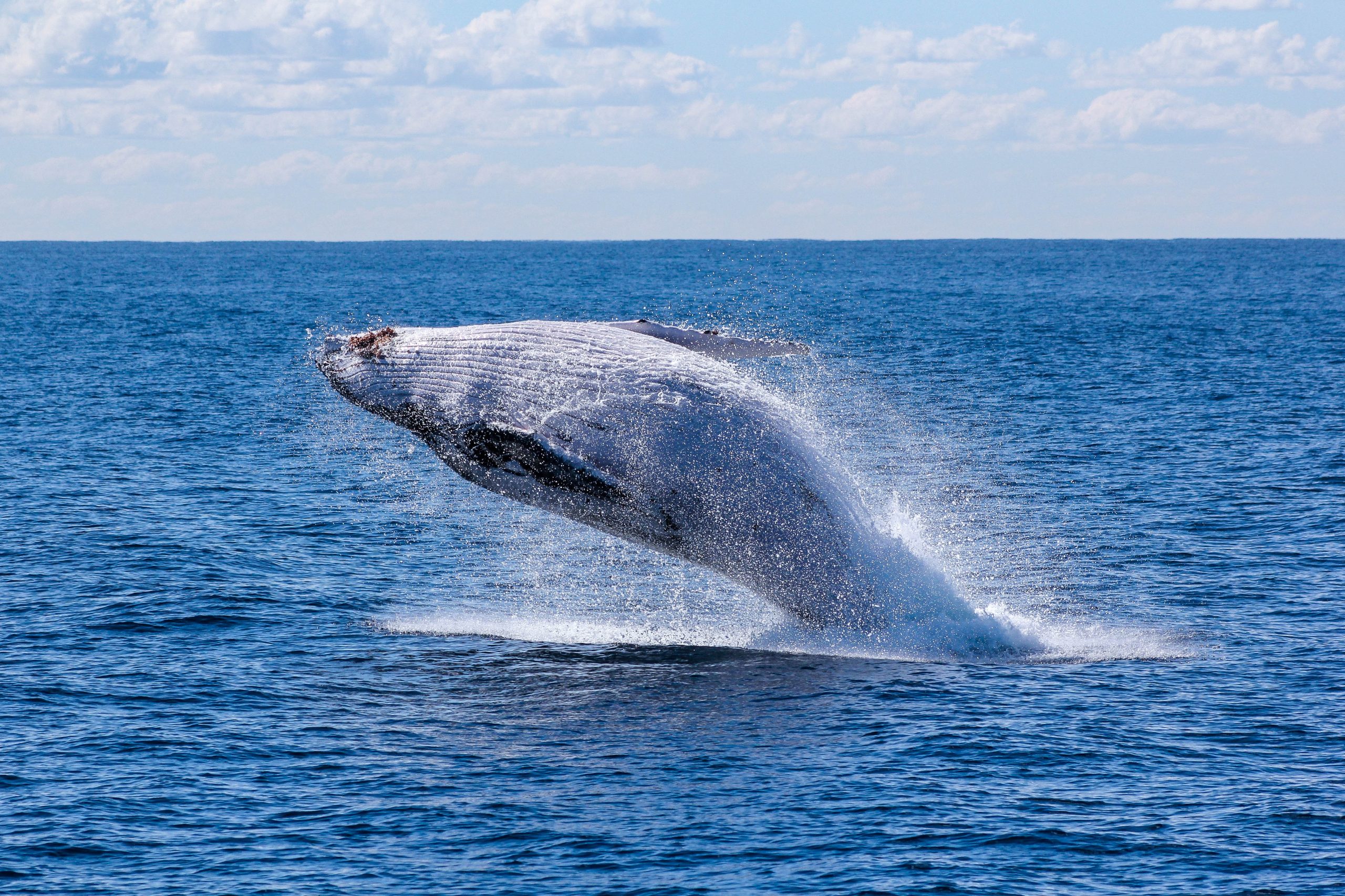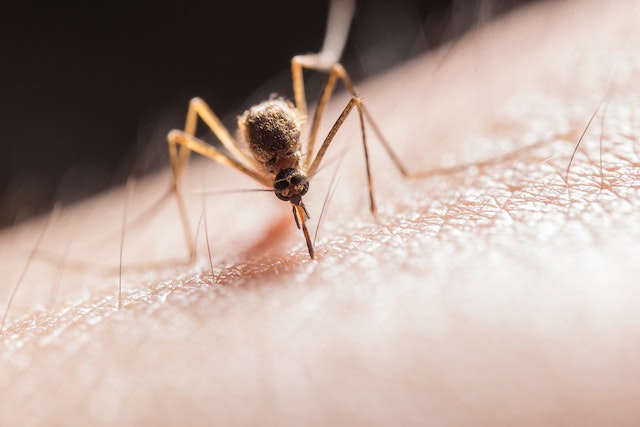The blue whale, the largest animal to ever exist on Earth, is facing numerous threats to its survival. Despite being a symbol of awe and wonder, the blue whale is now listed as endangered under the Endangered Species Act. Here’s a closer look at why we must protect these gentle giants.
Hunted to Near Extinction
In the 20th century, the blue whale was hunted nearly to extinction by commercial whalers. These majestic creatures were hunted for their oil, meat, and blubber, with the global population estimated to have dropped to just 1% of its original size. The International Whaling Commission banned commercial whaling of blue whales in 1966, but illegal hunting still persists.
Current Threats to Blue Whales
Aside from illegal hunting, blue whales face other threats to their survival, including climate change, noise pollution, and accidental collisions with ships. Climate change has altered ocean currents and disrupted the distribution of krill, which is the blue whale’s primary food source. Additionally, increased ocean noise from shipping and industrial activities can disrupt their communication and hunting behaviors.
Protecting Blue Whales
There are several steps we can take to protect blue whales and help them recover from the brink of extinction. One key measure is to enforce international agreements on whaling, such as the International Convention for the Regulation of Whaling. Additionally, reducing ocean noise pollution and implementing stricter regulations on ship traffic in areas where blue whales are known to feed and migrate can help reduce the risk of collisions.
Creating marine protected areas can also help protect blue whales and their habitats, ensuring that they have a safe place to feed and breed. Some countries, such as Chile and New Zealand, have already established marine protected areas specifically for blue whales.
The Importance of Protecting Blue Whales
Protecting blue whales is not only important for their own survival, but also for the health of the ocean ecosystem as a whole. As apex predators, blue whales play a crucial role in maintaining a healthy balance in the marine food chain. Additionally, they are an important cultural and economic resource for communities that rely on whale watching and ecotourism.
In conclusion, the blue whale is an iconic species that deserves our protection and conservation efforts. By taking steps to reduce hunting, protect their habitats, and mitigate other threats, we can help ensure that these gentle giants continue to thrive in our oceans for generations to come.










